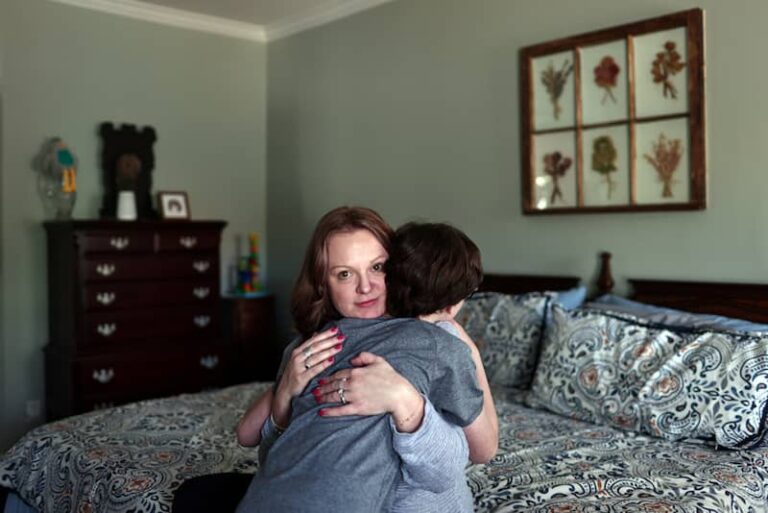Sarkozy also said he would await the conclusions of a French parliamentary commission’s proposal to ban full Islamic veils, called the burqa or the niqab, from public places.
“We should seek a solution that allows us to secure the greatest support possible,” said Sarkozy after declaring that the full veil “was not welcome in France.”
“This is what the parliamentary commission has been working on for several months. As president of the republic, I think that it is wise to await the fruit of these consultations and reflections before deciding definitively,” he told parliamentarians.
Only a few hundred women in France are believed to wear full veils, but the possibility of a ban has dominated public debate for months and caused a rift within Sarkozy’s UMP party.
The head of the parliamentary commission said on Wednesday the next step should be a law imposing the ban, but many lawmakers and activists have voiced skepticism at the prospect of police forcing women to lift their veils.
“We will talk about the idea of a law, about the need to take time to prepare it and to avoid stigmatization,” commission head and communist lawmaker Andre Gerin told French radio. The commission is expected to publish its findings on January 26 or 27.
RIFT
Jean-Francois Cope, the UMP’s parliamentary leader who has an eye on the 2017 presidential race, has been the most vocal defender of a broad ban. Critics say such a ban could be challenged on human rights and religious freedom grounds.
Gerin recommended a more selective ban applying only to public buildings and schools, where veiled mothers picking up their children could be hard to identify.
He called the full veil a “minority phenomenon” in France, home to Europe’s largest Muslim community, but said it was a symptom of a bigger problem.
“Everyone has understood that we have to take charge of things, wake up the Republic and act so that Muslims in France will practice Islam in a way that’s compatible with Republican values,” he said.
Prime Minister Francois Fillon has expressed support for a law, but remained vague about details.
Several mayors of French towns have warned that a ban would be difficult to enforce. Others fear it may encourage women to stay at home to avoid having to uncover their faces.
In the past few weeks young, educated women in long, black veils have appeared all over French talkshows and newspapers passionately defending their right to wear whatever they want.
Reuters






